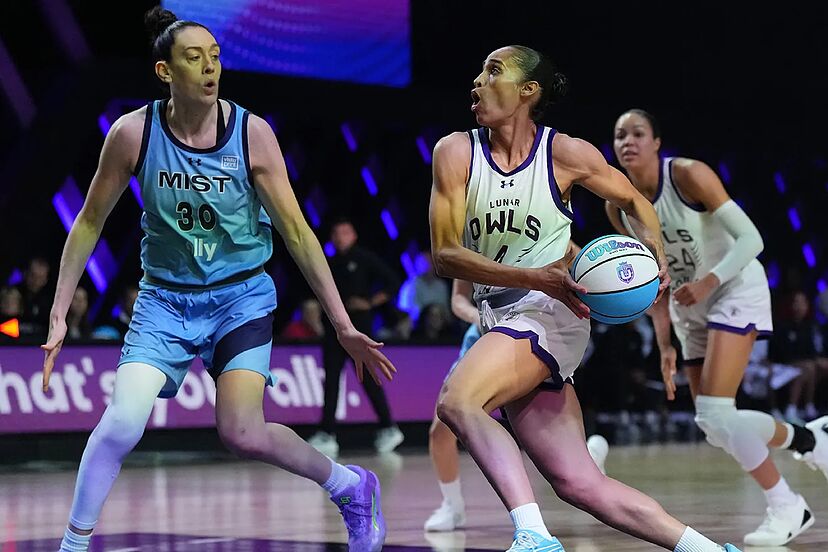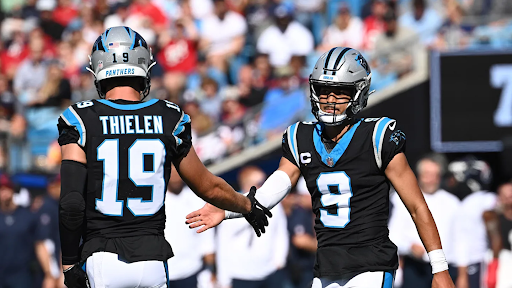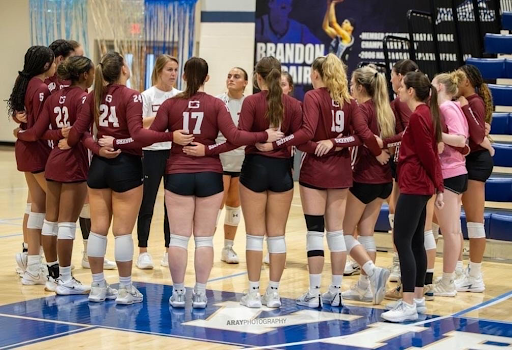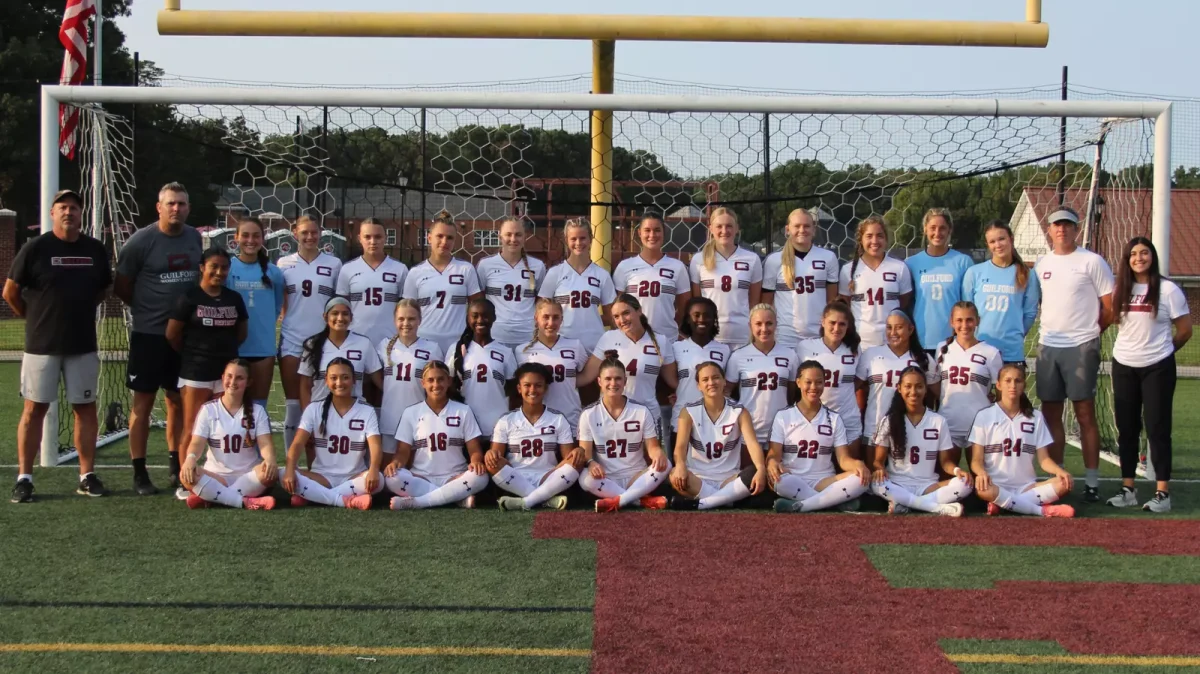Ten teenagers sit around expensive computers, furiously clicking and typing for a $2.1 million prize pool. Over the Internet and on ESPN3, 27 million people watched, cheering them on.
This is the “Defense of the Ancients 2” 2014 International Championship, one of the largest professional gaming tournaments worldwide. Every year, tournaments like this attract massive crowds with intensity and displays of skill.
“I enjoy watching professional gaming for the same reason I play lacrosse and enjoy watching high level lacrosse,” said senior Sam Cole. “I found originally it helped me get better, but then, as I got more invested, I grew attached to particular players the same way you would a star athlete.”
Across the world, these game tournaments have sprung up around various games, allowing fans to gravitate toward whichever game they prefer.
“My favorite game by far out of all popular eSports video games is ‘League of Legends,’” said sophomore Ben McKay-Simmons in an email interview. “I have tried playing a few others, but none of them really have that spark that (‘League of Legends’) has.”
“League of Legends,” a five-on-five fantasy strategy game, focuses on teamwork and fine strategy. Often categorized as a multiplayer online battle arena, “League of Legends” objectives center around fighting through a large map and capturing the base of the enemy team.
One of the more popular genres in eSports, MOBA’s like “League of Legends” and popular alternative “DOTA 2” are well loved for their deep strategic focus.
“I played ‘Starcraft,’ ‘DOTA,’ ‘DOTA 2,’ ‘Heroes of the Storm’ and ‘League of legends,’” said Cole. “I keep coming back to ‘DOTA 2’ because it has a high skill cap; you’re put in scenarios where you and your teammates have to work together to achieve certain objectives.”
With so many names, acronyms and rule sets, eSports can seem intimidating. But the developers and community members have adjusted to welcome new players.
“There might be people who are just light-years ahead of you when you first start out, but all it takes is a desire to learn how to play a game to become so much better,” said Early College junior William Buck in an email interview.
If newcomers would rather observe than play, most large eSports tournaments feature a specific broadcast with announcers specially focused on teaching the game’s mechanics while covering the current matches. Twitch.tv, a live video website, streams most professional sporting events.
With that small amount of extra information, most newcomers may find themselves picking up eSports quite quickly.
“Competitive gaming has no entry barrier; anyone can be the best,” said Buck. “In the world of technology, everyone is on an equal playing field. The only limit on the players is in the code of the game.”
As eSports continue to grow, the community grows more and more inclusive. More tournaments find more ways to bring in viewers and excitement continues to build. From The New York Times coverage of “Call of Duty” teams to ESPN3’s broadcast of “League of Legends,” eSports is only growing, and it is a fantastic time to jump in.
“To some people, it may look like there’s a lot going on screen, and they’re right,” said Cole. “But if you can watch football or basketball and understand what’s going on you have what it takes to watch or play ‘League of Legends’ or ‘DOTA.’”











